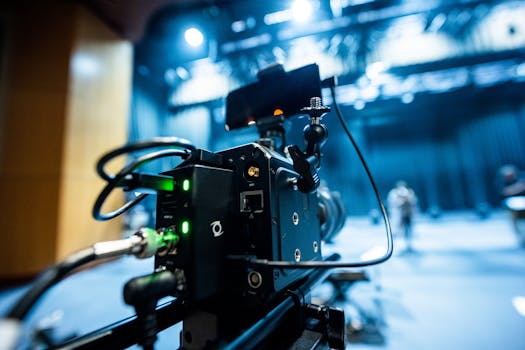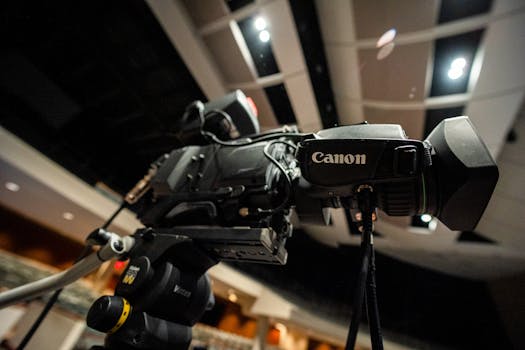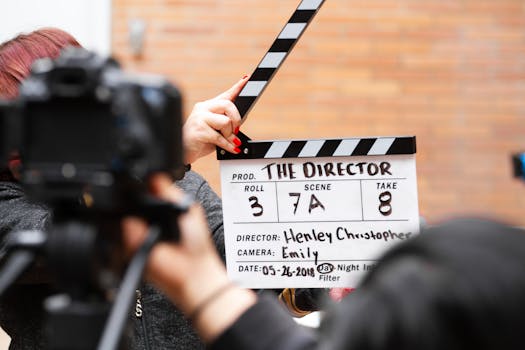Lionsgate recently announced an exciting move, partnering with tech company Runaway to integrate artificial intelligence (AI) into their film production process. This initiative not only marks a significant transformation in the film industry but also represents a disruptive shift from traditional production methods.


Lionsgate's bold experiment aims to leverage AI technology to enhance both the efficiency and creativity of film production. Specifically, AI will play a role in various stages of the production process, including scriptwriting, character design, and location selection. For instance, AI can analyze vast amounts of data to help screenwriters generate more diverse and compelling storylines. In character design, AI can provide multiple visual effects options, offering directors and designers a wider range of choices. Additionally, AI can predict audience preferences through big data analysis, better aligning films with market demands.
However, this move has also sparked considerable debate. Some worry that AI's involvement could undermine the primacy of human creators and even threaten their livelihoods. But Lionsgate's leadership believes that AI serves more as a complementary tool rather than a replacement. They emphasize that AI can help creators unlock greater creativity rather than replace them. As Lionsgate CEO Jon Feltheimer put it, “AI isn't here to take our jobs; it's here to help us do better.”

From a historical perspective, every technological advancement brings new opportunities and challenges. Just as digital photography replaced film, the introduction of AI technology will open up unprecedented possibilities for the film industry. Lionsgate's move is undoubtedly a step towards exploring new pathways in future film production. For movie enthusiasts, this could mean seeing more innovative and captivating films. Let's wait and see how this technological revolution will transform the future of cinema.
